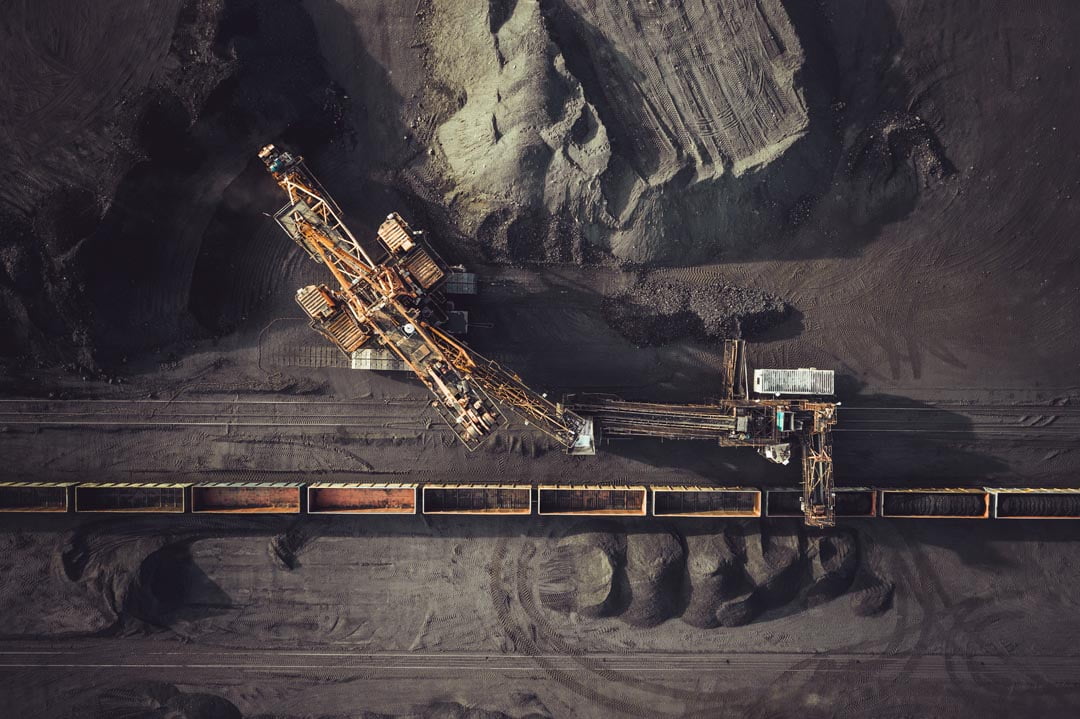Improve your equipment reliability and keep your operations running safely and efficiently.
Shifting from a reactive to proactive, reliability-focused maintenance strategy can enable you to deliver fewer shutdowns and better value for maintenance costs. For more reliability articles, consider subscribing to our weekly newsletter.
